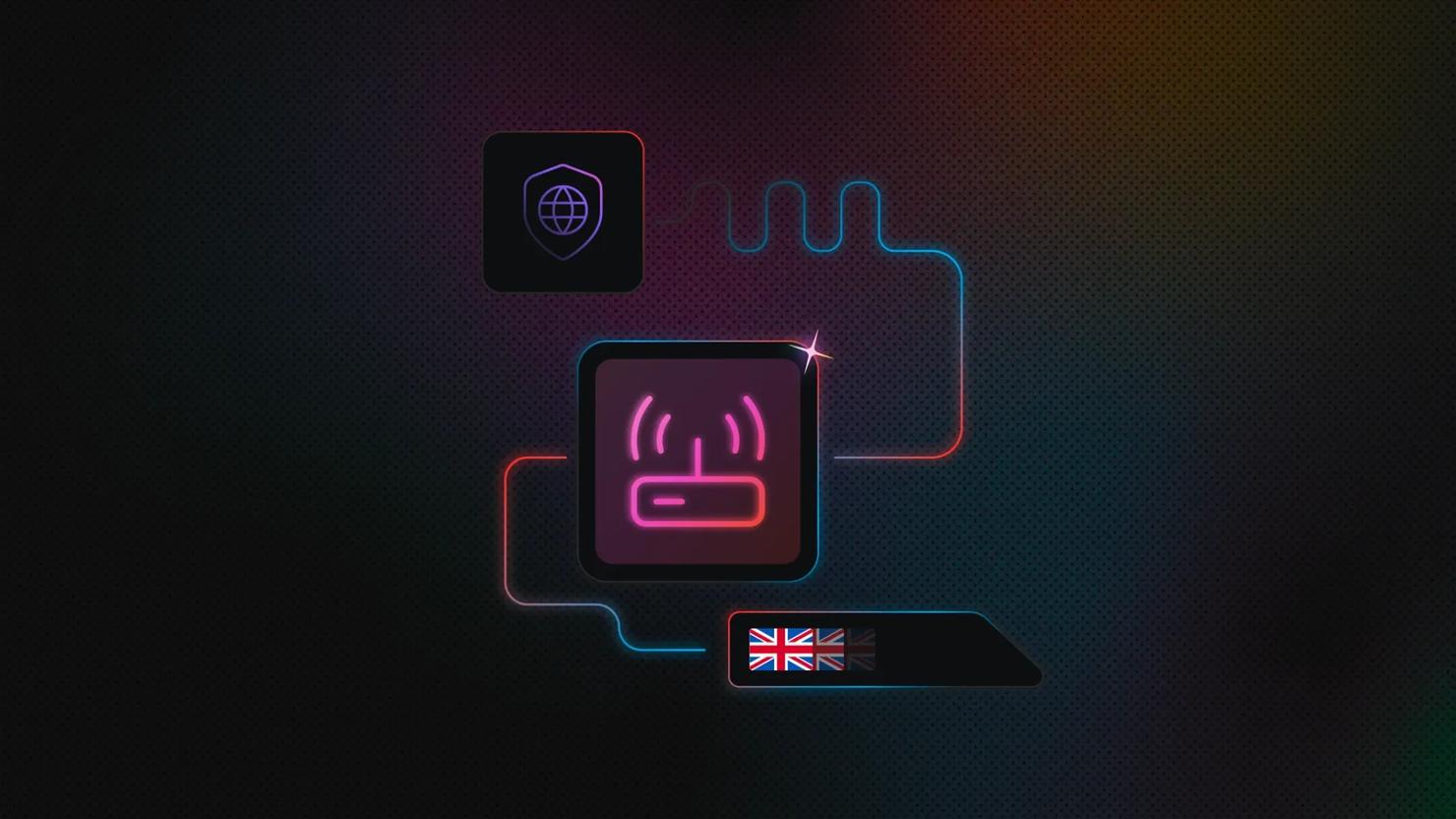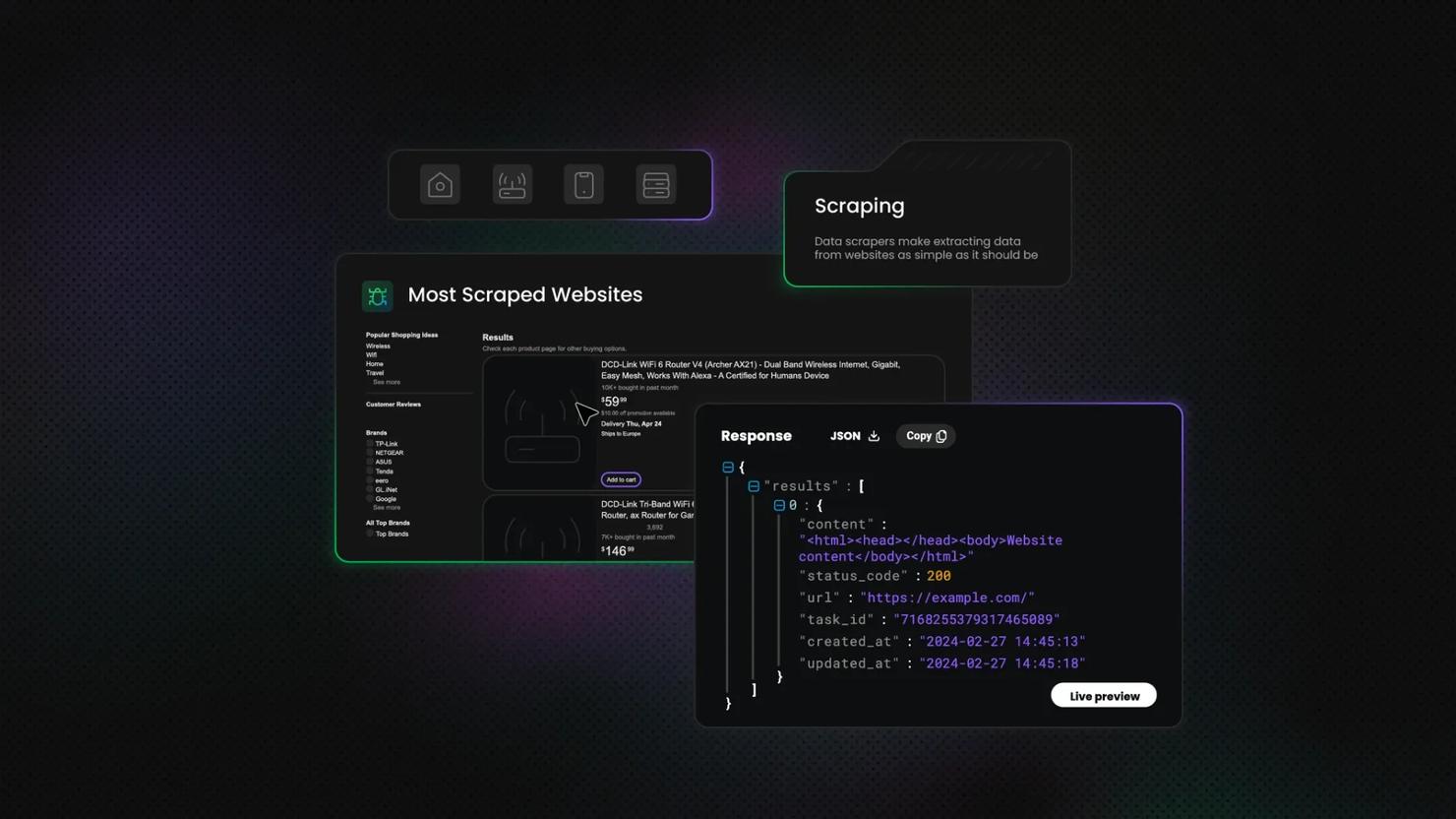The EU Chat Control Vote: What Does It Mean for Businesses?
The EU is on the verge of a vote that could change the way businesses handle data and digital communications. The "Chat Control" proposal has been making headlines, mostly around consumer privacy, but its ripple effects go far beyond individual users. If passed, it could force organizations to rethink how they secure communications, manage data, and maintain customer trust while navigating new regulatory and reputational risks.
Elena Dambrauskaite
Last updated: Sep 24, 2025
6 min read
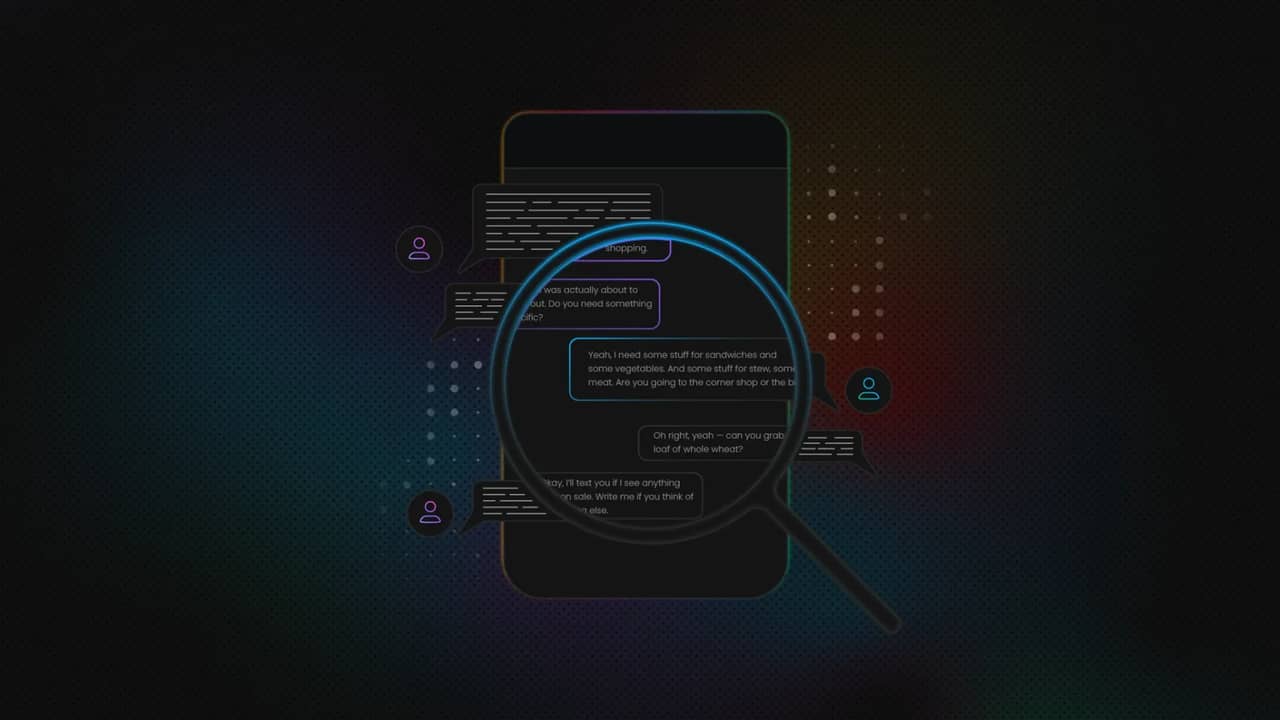
Overview of the EU Chat Control vote
The EU Chat Control vote is a highly controversial proposal aiming to require technology companies to scan private messages, including encrypted ones, for illegal content such as child sexual abuse material. The goal is to tackle harmful online content, but it raises serious concerns about privacy and data security.
As of September 2025, the voting on this law has been delayed due to divided opinions within the EU Council. While some countries support it for stronger child protection, others fear it would lead to mass surveillance and weaken online privacy. The next Council debate and vote on Chat Control will reportedly take place on October 14, 2025.
What makes the proposal so controversial is how it intersects with existing safeguards like end-to-end encryption. To meet the proposed requirements, service providers may need to weaken or bypass encryption, raising the risk of creating new vulnerabilities.
How Chat Control would work
Chat Control relies on a pretty controversial tech called client-side scanning. Instead of checking messages on company servers, the scanning happens right on your phone or computer before you even hit send. Your device would compare what you're sharing against databases full of "digital fingerprints" from known illegal content, and if there's a match, authorities get pinged automatically.
The system uses AI to spot both content that's already been flagged before and new material, plus it analyzes text messages looking for signs of illegal behavior. Any company that charges for communication services would have to follow these rules.
The scanning would supposedly only target "high-risk" services, but governments get to decide what counts as risky. Here's the catch, though, services that offer anonymity, encryption, or real-time messaging automatically get labeled "high-risk." That basically means every major messaging app and communication platform would end up getting scanned.
According to our usage data, before the announcement of Chat Control, only a small fraction of businesses utilized proxies with the SOCKS5 protocol, but as the legislation adoption is becoming more real, the usage has surged dramatically in recent months. Daily usage has increased nearly 19-fold, representing roughly a 1,770% growth.
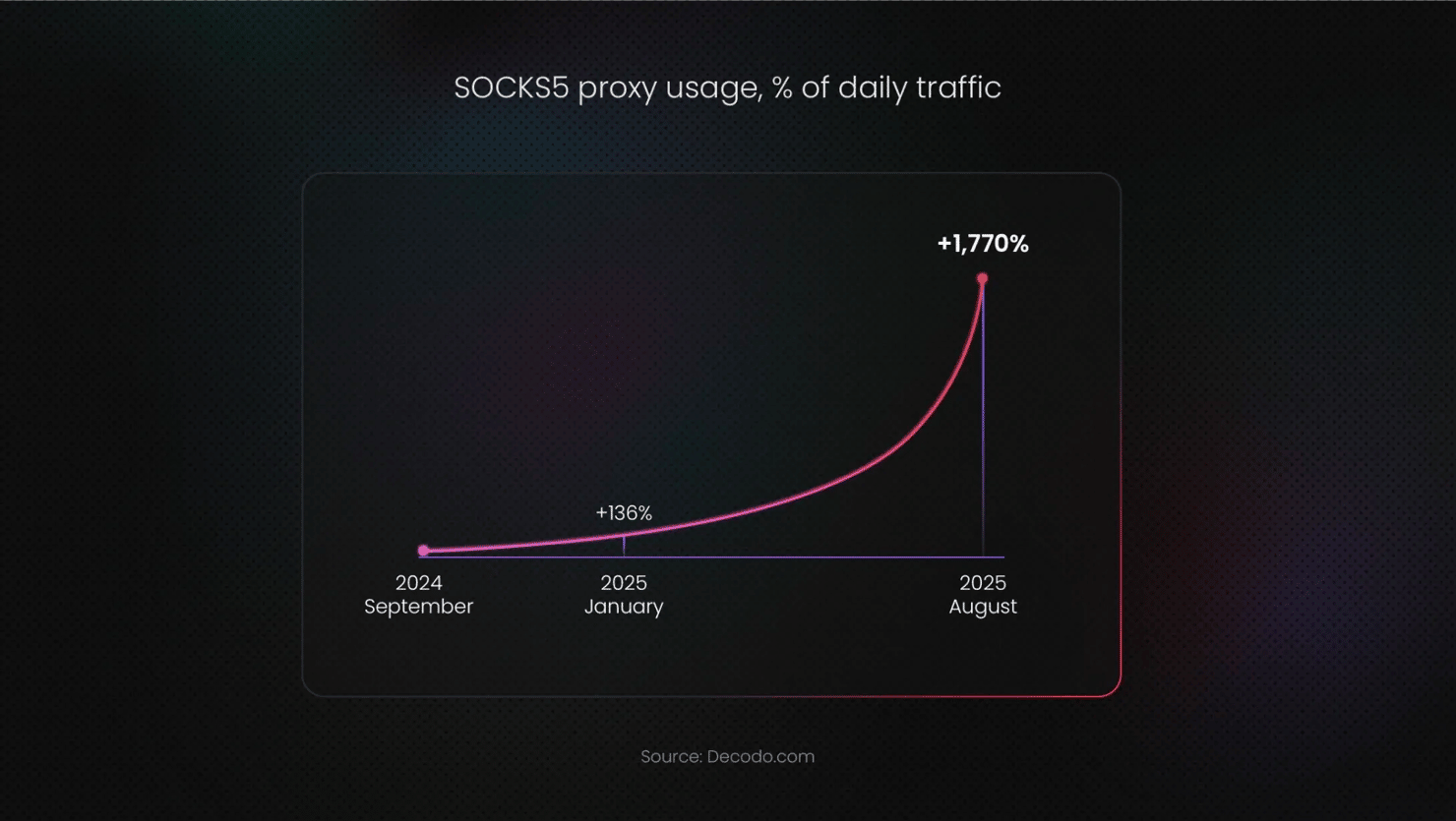
For companies balancing performance with privacy, SOCKS5 offers the best of both worlds: broad geo-access, cross-protocol support, and compatibility with existing TLS/SSL protections. It’s quickly becoming the go-to choice not just for advanced scraping and automation, but also for organizations that want future-proof infrastructure in an era of increasing regulatory compliance.
The business impact of Chat Control
The EU's proposed Chat Control legislation is heading for a critical vote on October 14, 2025, and if you're running a business that handles digital communications, you need to understand what's coming.
Senior Product Marketing Manager at Decodo, Gabrielė Verbickaitė, noted, "While Chat Control is mainly focused on protecting users, businesses will end up with heavy lifting when it comes to compliance costs, technical overhauls, and all the implementation challenges that come with mandatory surveillance systems."
Whether you're a startup building the next big app or an established company relying on secure communications, Chat Control will affect how you protect customer data, manage costs, and compete in the global market. Here's what you need to know about the real business impact.
Encryption and security issues
Chat Control creates serious security vulnerabilities that businesses need to understand. The client-side scanning approach means your data gets examined before encryption kicks in, essentially creating a permanent weak point in what should be your most secure communications.
Head of Engineering at Decodo, Justinas Tamaševičius, explained, “Here's what this means in practice – instead of your messages going straight from your device into encrypted form, they first get scanned by detection systems. During that scanning process, your data is completely exposed and accessible. Hackers, bad actors, and cybercriminals are well aware of these vulnerabilities and will actively work to exploit them.”
The problem isn't just theoretical. When businesses create systematic backdoors into encrypted communications, which is effectively what client-side scanning does, you're opening up attack vectors that didn't exist before.
Justinas Tamaševičius continued, “The irony is that while Chat Control aims to make digital spaces safer, the technical implementation may actually make businesses and their customers less secure overall. You're essentially being required to weaken your own security posture in the name of compliance, creating new risks that may outweigh the intended benefits.”
For businesses that depend on secure communications to protect trade secrets, customer data, financial information, or other sensitive corporate assets, this is a significant threat to their security infrastructure. Companies in sectors like finance, healthcare, legal services, and technology have spent considerable resources building robust security frameworks. Chat Control requirements could undermine those investments by introducing mandatory vulnerabilities into their communication systems.
Cloud and platform providers
Cloud platforms hosting communication services face particularly complex compliance questions, including responsibility for customer compliance with scanning requirements, technical capabilities for supporting client-side scanning, and data residency implications for scanning infrastructure.
Companies like Google, Microsoft, and Amazon Web Services would need to restructure their service offerings to meet mandatory scanning requirements while attempting to maintain security for their business customers.
Risks, opportunities, and strategic implications
Evaluating the potential risks and opportunities of the EU Chat Control vote is essential for organizations to navigate compliance effectively while positioning themselves strategically. Companies that anticipate the challenges and respond proactively can strengthen trust, safeguard their operations, and gain a competitive edge.
Risks
- Potential clashes with GDPR principles around data minimization and privacy rights, creating legal uncertainty and liability.
- Automated content scanning may produce false positives, causing operational headaches and draining compliance resources.
- Reputational damage if businesses are perceived as complicit in surveillance.
- Pressure to restrict services to EU users, modify privacy features, or even relocate to avoid compliance burdens.
Opportunities
- Strengthening privacy, transparency, and security practices to reinforce customer trust and differentiate the brand.
- Accelerating innovation in encryption, anonymization, and secure communication technologies.
- Engaging with industry peers to help shape the practical implementation of regulations and influence standards.
- Turning regulatory compliance into a source of competitive advantage through a proactive strategy.
The impact is already visible
Some EU member countries are already experimenting with encryption-busting measures. Austria now allows intelligence agencies to intercept encrypted messages, Spain has proposed banning end-to-end encryption, and Sweden has considered giving law enforcement access to encrypted data.
At Decodo, we have observed an increased use of proxies as businesses attempt to protect sensitive data while complying with local restrictions. The percentage increase presented below is calculated from the initial talks of Chat Control back in May 2022 to September 2025. Proxies can shield browsing habits, safeguard research, and help organizations maintain confidentiality and competitive advantage even as regulations evolve.
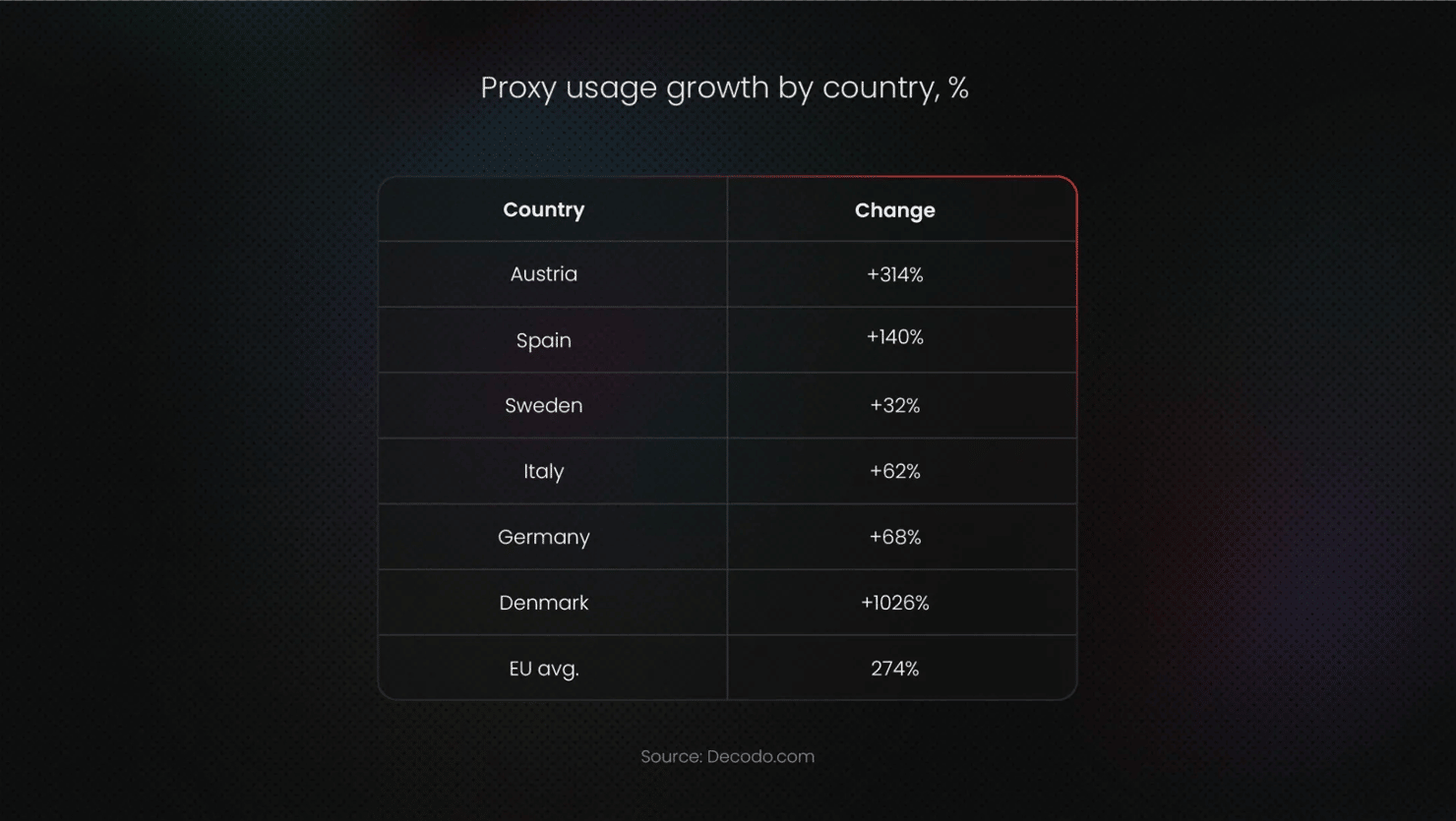
How businesses can prepare and lead on privacy
The EU Chat Control vote is still pending, but businesses don’t have to wait to act. A first step is gaining a clear understanding of how data moves across your company and identifying where sensitive information resides. This reveals vulnerabilities before they become liabilities. Staying ahead of regulatory developments and exploring privacy-forward solutions, from advanced proxy solutions to secure communication tools, reinforces trust with customers and partners while future-proofing operations.
Staying proactive around data, security, and privacy will be a competitive advantage, regardless of how the vote plays out.
Try residential proxies for free
Unlock 195+ locations and 115M+ IPs with a 3-day free trial.
About the author

Elena Dambrauskaite
Content Manager
Elena is a content manager with 4 years of experience helping international startups and established enterprises communicate complex ideas with clarity and impact. With professional experience across borders, she brings a global perspective to every project and is passionate about making technology accessible, engaging, and human through content that connects with diverse audiences.
Connect with Elena via LinkedIn
All information on Decodo Blog is provided on an as is basis and for informational purposes only. We make no representation and disclaim all liability with respect to your use of any information contained on Decodo Blog or any third-party websites that may belinked therein.
